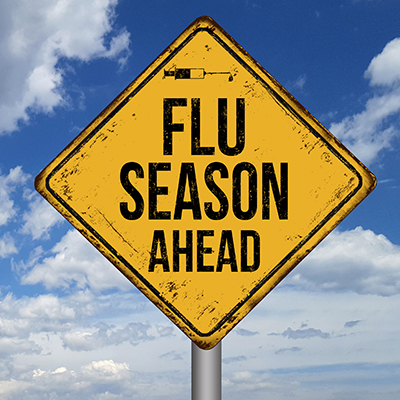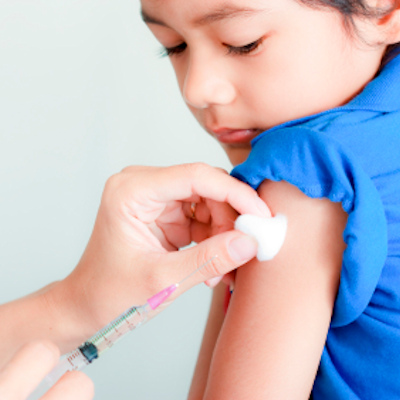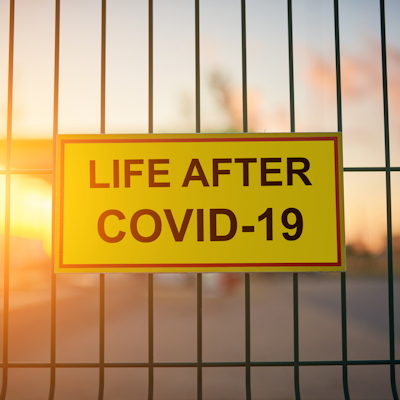September 29, 2020 -- An international survey conducted by the Pew Research Center found that scientists and their research are widely viewed in a positive light across global publics and many believe that government investments in research benefit society.
The large survey was conducted in 20 different publics around the world before the outbreak of COVID-19. Overall, scientists are highly regarded, with an average of 36% having "a lot" of trust in scientists -- the same share who say this about the military, and much higher than the shares who say this about business leaders, national governments, and the news media.
An average of 82% of adults surveyed consider government investments in scientific research worthwhile, and many place importance on being a leader in scientific achievements. However, only 42% said that their achievements in science are above average or the best in the world.
Interestingly, a majority of adults surveyed indicated that the public doesn't know enough about science to understand research findings covered in the news and consider limited public understanding of science to be a problem for media coverage of scientific research. In some publics the belief exists that researchers overstating findings is a problem with science news.
On average 55% of adults surveyed think that scientists make judgements based solely on the facts compared to 41% who believe that they are just as likely to be biased as other people. While highly trusted as experts, the survey found that most publics are skeptical about relying on experts, generally, to solve important problems. And many value practical experience over expertise when it comes to solving pressing problems in society.
With a renewed interest in vaccines, the survey found that most publics view childhood vaccines as relatively safe and effective. 17 out of the 20 publics believe that there are public health benefits from childhood vaccines, such as the measles, mumps, and rubella vaccine. Although a sizable number of adults surveyed believe that there are high or medium risks of side effects associated with vaccinations.
A little less than half (42%) of publics surveyed rank their university science, technology, engineering, and math (STEM) training above average or best in the world. Far fewer publics (30%) rank the same among their primary and secondary school STEM levels.
"As the global landscape for scientific research continues to shift, these findings showcase the generally positive views that publics around the world hold for scientists and their work, as well as ideological fault lines in many places over how much to trust scientists," noted Cary Funk, director of science and society research at the Pew Research Center.
The full report provides in-depth examination of international public attitudes toward scientists and related topics including artificial intelligence and genetically modified foods. It is based on a survey of more than 32,000 telephone and in-person interviews conducted in late 2019 and early 2020.
Copyright © 2020 scienceboard.net









